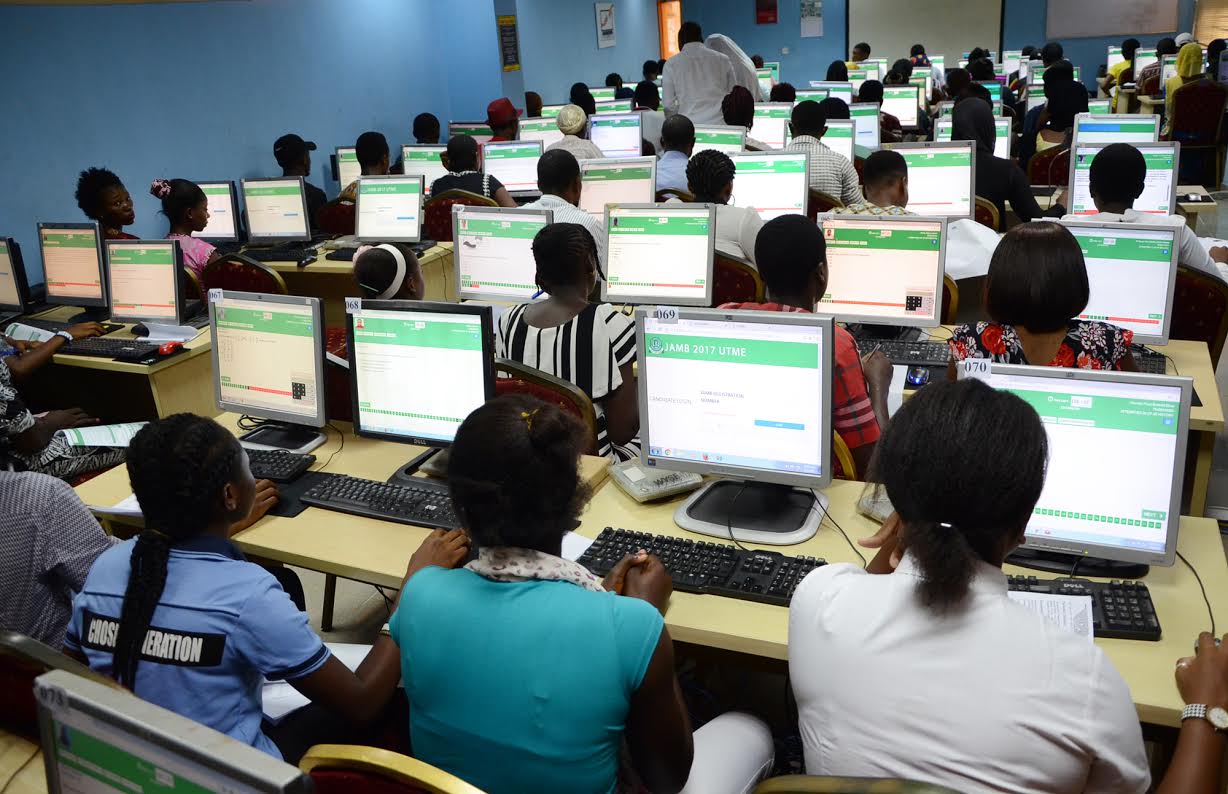ABUJA, Nigeria — Nigeria has unveiled a revamped secondary school curriculum that introduces subjects such as journalism, programming, artificial intelligence, robotics, and fact-checking, signalling a significant shift toward digital literacy and critical thinking in the country’s education system.
Dada Olusegun, senior special adviser to the president on social media, shared excerpts of the yet-to-be-released document on Wednesday.
The new structure incorporates both traditional disciplines and modern skills aimed at preparing students for the demands of the 21st-century economy.
Journalism will be taught under English Language in senior secondary classes, alongside modules in fact-checking and advanced communication.
Programming has been embedded across both junior and senior levels, while artificial intelligence and robotics are introduced as part of a newly created subject, Digital Literacy.
The curriculum also places new emphasis on research, entrepreneurship, and global awareness, while retaining core subjects such as mathematics, sciences, and languages.
Junior Secondary (JSS 1–3)
-
Mathematics & Measurement: Numbers, geometry, algebra, statistics, and applied measurement.
-
English Language: Narrative and descriptive essays, advanced grammar, comprehension, debates, and drama.
-
Integrated Science: Physics, chemistry, biology, ecology, and technology.
-
Digital Literacy & Coding: Internet research, Word, Excel, PowerPoint, coding in Python and Scratch, and basic robotics.
-
Social Studies: Nigerian and African history, civics, geography, and entrepreneurship basics.
-
Languages: Advanced mother tongue and conversational French or Arabic.
-
Creative Arts: Visual arts, drama, theatre, film basics, and music.
-
Physical & Health Education: Sports, nutrition, reproductive health, first aid, and drug abuse awareness.
Senior Secondary (SS 1–3)
-
Mathematics & Advanced Applications: Trigonometry, calculus, probability, statistics, and financial mathematics.
-
English & Communication: Academic writing, world literature, research skills, journalism, and fact-checking.
-
Sciences: Advanced physics, chemistry, biology, and environmental science.
-
Technology & Innovation: Programming (Python, JavaScript, HTML/CSS), data science, AI & robotics, digital entrepreneurship, and cybersecurity.
-
Social Sciences: Government, law, economics, history, philosophy, and ethics.
-
Languages: Advanced mother tongue literature and optional fluency in French, Arabic, or Chinese.
-
Creative Arts & Innovation: Fine arts, music, drama, and media production.
-
Physical & Health Education: Leadership, mental health, and CPR.
-
Research & Project Work: Final-year project including data collection, analysis, and oral defense.







